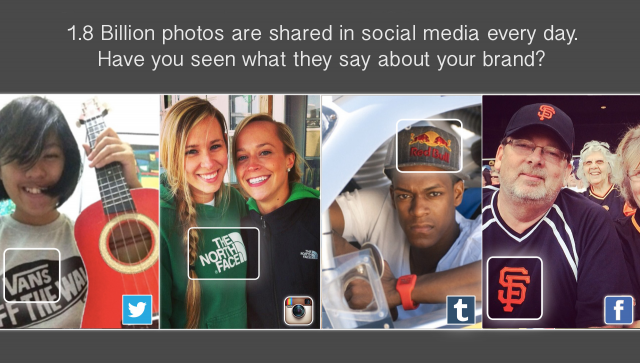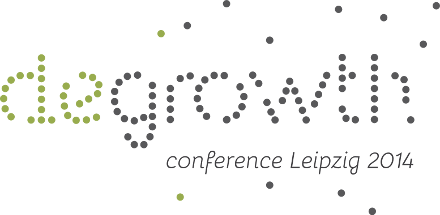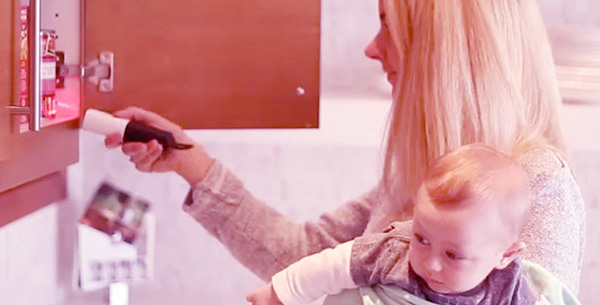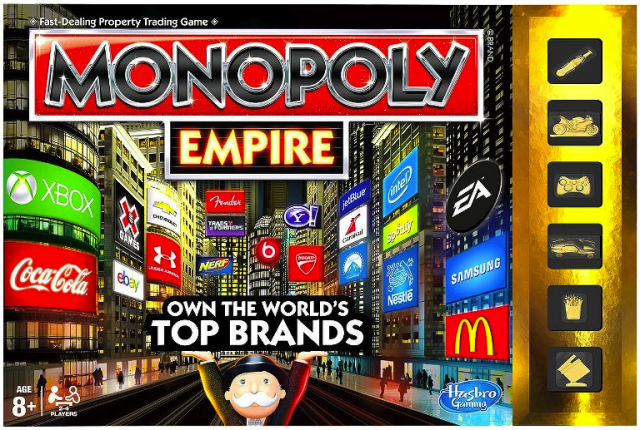Pfingsten: Stell dir vor …
Posted in Gesellschaft, Kultur, Leben, Uncategorized, Zukunft on May 25th, 2015 No Comments »
… wir so Leben würden wir wollen. Froh zu sein bedarf es wenig … Mehr mit weniger … mehr Gutes mit weniger Gütern. Keine Kriege, kein Kampf ums Geld, keine Wichtigtuerei, … etc.
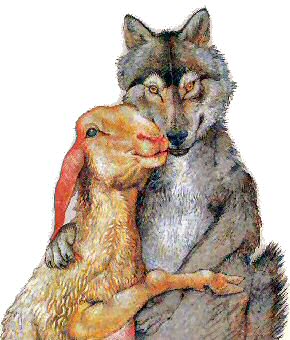
Kaum vorzustellen (Zizek), außer von toten Spinnern wie John Lennon (“Imagine“) oder ein paar lebendigen Freigeistern, Aktivistinnen und Gestaltern (mehr dazu auf diesem Blog unter “Stellt es euch vor und tut es. Die Gestaltung der Zukunft”).
Statt dessen: allgemeine “Alternativlosigkeit”, Sachzwänge und zwanghafte Vorstellungen (“Images” von Erfolg und Konsumglück). Um all dies geht es Heribert Prantl in seinem Wort zum Sonntag, äh zu Pfingsten. Und da formuliert er ein paar Sätze so schön, daß ich diese Pointen hier gerne versammle:
… Die Katastrophen sind allpräsent: die Umwelt- und die Klimakatastrophe, die Flüchtlingskatastrophe, die Katastrophe auf dem Finanzmarkt, die Bildungskatastrophe; die demografische Katastrophe. Zwischen den mörderischen Taten der Radikalislamisten, dem rasenden Stillstand des Turbokapitalismus und dem auf- und abschwellenden Ebola-Alarm leben Politik und Gesellschaft wie gelähmt dahin. …
… Man glaubt nicht mehr an den geradlinigen Fortschritt, aber auch nicht an die große Umkehr, nicht an eine offene Zukunft; denn man hört zu oft, die Art der Krisenbewältigung sei “alternativlos” …

… Walter Benjamin hat gesagt: “Daß es ‘so weiter’ geht, ist die Katastrophe. Sie ist nicht das jeweils Bevorstehende, sondern das jeweils Gegebene.” …
… Die Frage ist also nicht, welche Zukunft man hat oder erduldet, die Frage ist, welche Zukunft man haben will und wie man darauf hinlebt und hinarbeitet.
Das wäre eigentlich eine Sache der Gestalter des Großen und Ganzen, also der Entscheidungsträger in Politik und Wirtschaft. Doch die sind gefangen in ihren Machtinteressen und “Sachzwängen”. Also müssen wir Bürger ran, und damit auch die ganz “kreativen”: die Architekten, Fotografen, Designer, Werber, Filmer, etc., die ja auch mal eine vernünftige Gegenwart und eine attraktive Zukunft darstellen könnten, anstatt zu mehr Konsum und Coolness zu verleiten. Auch die Dichter und Denker sind gefragt: weniger Selbstbezüglichkeit, mehr Welt! Weniger apokalyptische Phantasien, mehr konkrete Utopien!
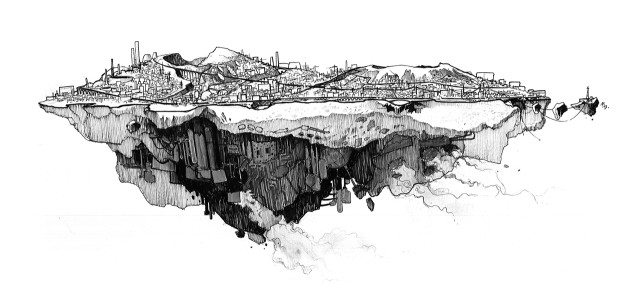
Vorbilder hierfür: Florian Pfeffer’s “To Do: Die neue Rolle der Gestaltung in einer veränderten Welt”, am besten parallel zu lesen mit “Transformationsdesign: Wege in eine zukunftsfähige Moderne” von Harald Welzer und Bernd Sommer. Mehr hierzu auf den Blog By Design or by Disaster.
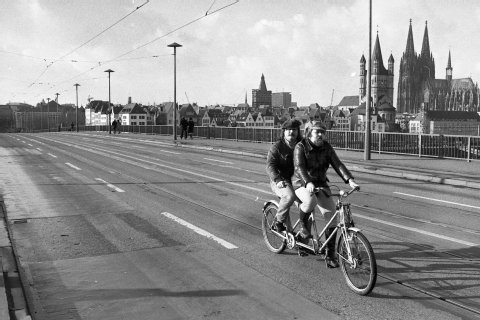
… und ab jetzt: JEDER SONNTAG AUTOFREI!
(und jetzt geht’s raus, Quellenverweise von Bildern mache ich später noch)
